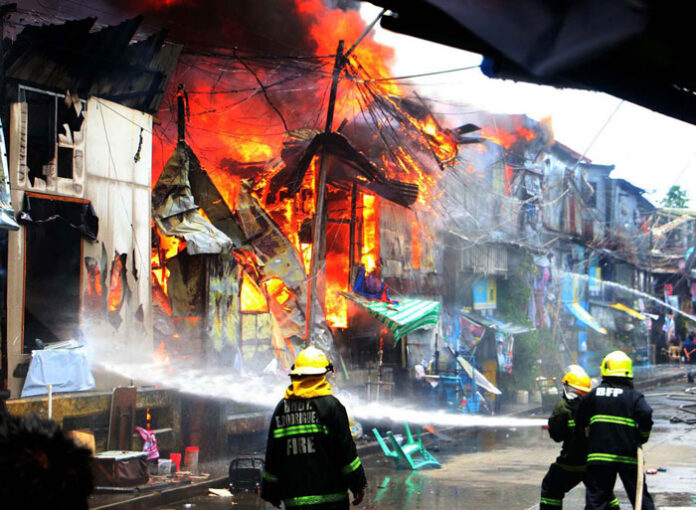“We crossed neck-deep streams full of leeches, which clung all over our bodies and sucked our blood”
JAPANESE Prime Minister Shigeru Ishiba, during a recent trip to the Philippines, discussed with President Ferdinand Marcos Jr. mutual problems like the tariff wars of US President Donald Trump and the continued aggression of China in the West Philippine Sea.
They also discussed the Philippines-United States Visiting Forces Agreement, a mutual defense agreement between the Philippines and the USA. It does seem the height of irony since Japan was our enemy during World War II.
I was then 17 when I went with my mother to Northern Luzon because my older brothers Desi and Willie were then with the guerrilla movement of the USAFIP-NL, in the regiment headed by Col. Russel Bookman.
Desi and Willie belonged to the 3rd Battalion of the 121st Infantry under Major Conrado Rigor and I wanted to join their bolo battalion. The bolo battalion was so named because, when Filipinos first started joining up with the American forces, they were required to conform to the approved US military style of close combat.
But after they saw what Filipino fighters — arnis practitioners in particular — were able to do with our own native weapons, the bolo officially became our standard-issue weapon.
My brother, however, turned down my appeal and said it was too dangerous, since it would entail going behind enemy lines. “Just take care of Tatang and Nanang,” they said.
The bolo was not only more practical for guerrilla fighters to move around the tropical landscape of the Philippines. It also made it easier to pass as regular villagers, even while we were really acting as covert messengers and contact persons.
I truly got to observe the best and worst of people — and when I say “worst,” sadly I do not mean only the Japanese. I used to have nightmares over the things I witnessed in the war, especially those done by Filipinos to their countrymen.
I was privileged to see the courage and skill of my fellow Filipinos in the face of a better-armed, better-trained, and better-equipped enemy.
But I also saw how merciless and ruthless some of them could be, not just to our foes, but also to those whom they considered collaborators, whether accurately or not.
By 1945, I was 18. I remember standing on a hill in Abra amid a band of guerrillas when we spotted F-28 planes with American markings. The carpet bombing of Bangued — capital of Abra, and garrison of the local Japanese forces — began.
We were too far away to see any people, but within minutes, the entire town was engulfed in flames, with the sole exception of the church.
The sight evoked a mix of emotions — this was my home province, many of the people were mutual friends but there were many Japanese soldiers there too, Bangued being a Japanese garrison.
Before long, we left Bucay when we learned that Manila itself had likewise been ravaged. Manila was one of the cities most devastated by World War II, second only to Warsaw, Poland.
We also heard that the Americans had landed to once more openly take up the fight. This was in fulfillment of General Douglas MacArthur’s legendary “I shall return” promise.
Along with a band of guerrillas, my family and I trekked from Abra to La Union through the Cordilleras – a journey of about 75 kilometers which took us the better part of a week.
When you consider that my mother took this trek right alongside us, through mountainous terrain, you can see what a formidable woman she was, although she flatly refused to partake of the raw crocodile, lizard, or snake that were sometimes all the meat available to us, and somehow managed to subsist on camote or sweet potato for the entire journey.
I remember I did not have shoes at the time, but we made slippers out of rubber tires and rested among our Igorot allies at night.
During the day, we crossed neck-deep streams full of leeches, which clung all over our bodies and sucked our blood.
And to get them off our bodies, our Igorot friends would urinate on us, my gulay, to make the leeches let go!
We were heading to Bangar, La Union. My brothers were headed for Bessang Pass at the Cordilleras.
My next column will be on the Battle of Bessang Pass.








